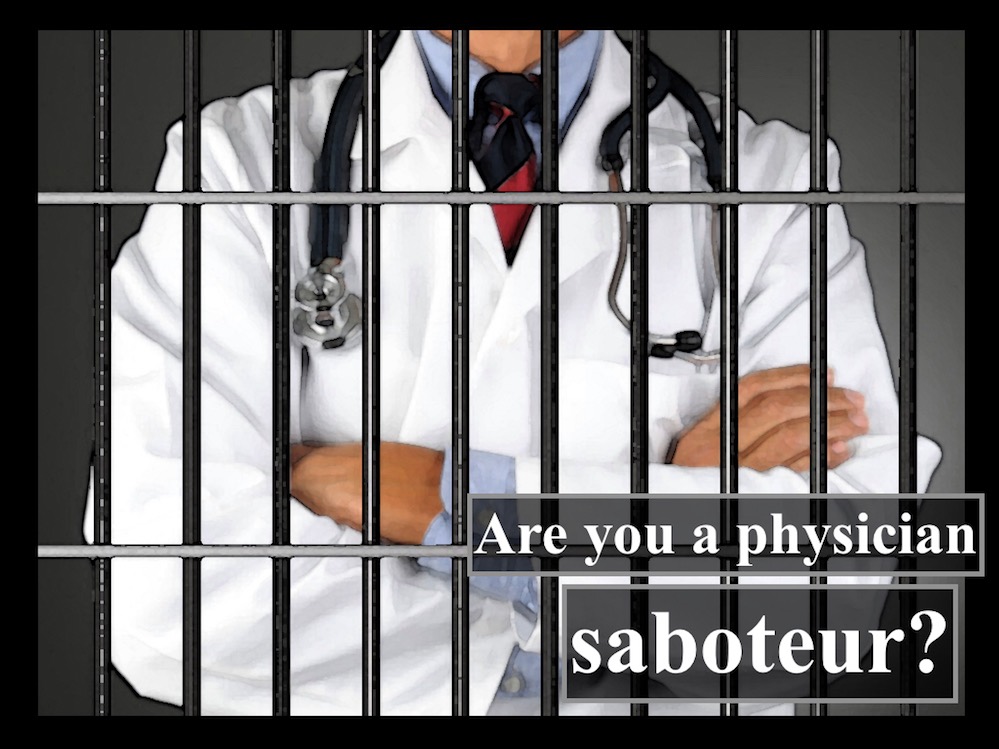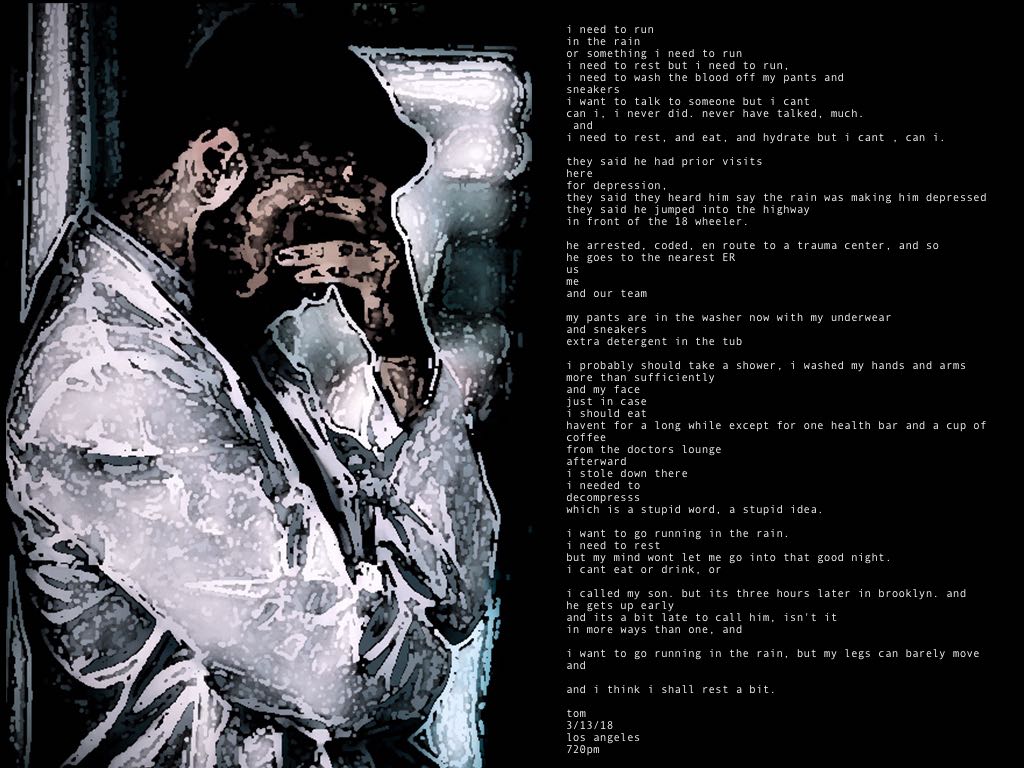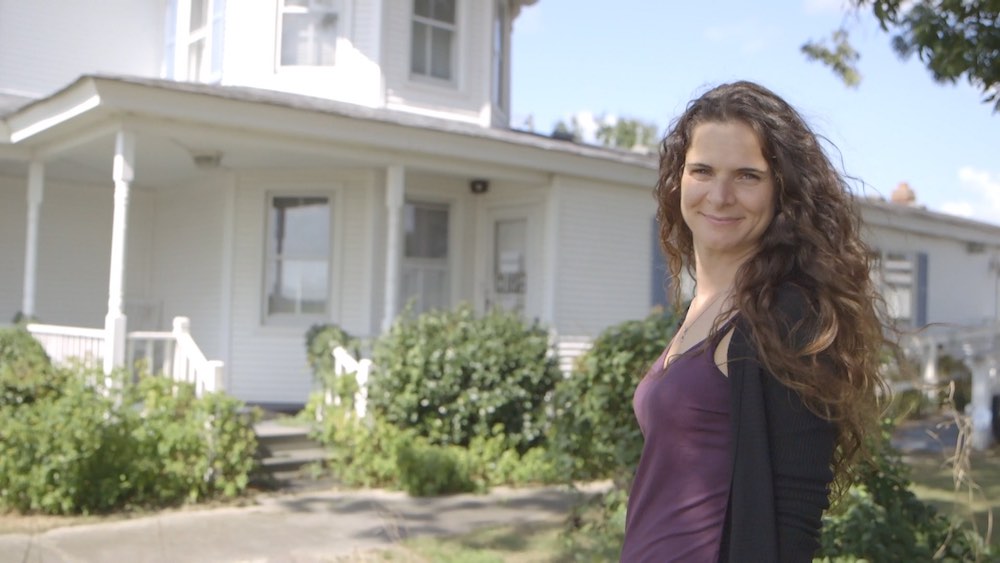
RESISTANCE
Resistance is protective energy that often derails us before we even really get started. It can be experienced from within or without. It is an energy designed to keep us safe. Much like gravity keeps us from careening into space with some half-cooked or dangerous plan, resistance keeps us grounded. Resistance not only protects us from moving too fast with something that hasn’t been tested, it often sabotages our plans to move forward with something exciting, new and invigorating.
The best strategies to move through resistance involve acknowledging its protective role and even thanking it for showing up. If a person is resisting your idea or playing devil’s advocate, the best response is to say, “Thank you for caring for me enough to be concerned. Thank you for trying to help and keep me safe from an adverse outcome. I will certainly keep this in mind as I move forward.” You are putting external resistance on notice that you see it for what it is and are continuing to move forward with confidence. Ask yourself:
How is resistance showing up in my life right now?
Is it internal or external?
Do I need to slow my progression?
Am I moving too fast?
How can I modify, slow or speed up my plan in order to move through resistance?
Read more ›
















